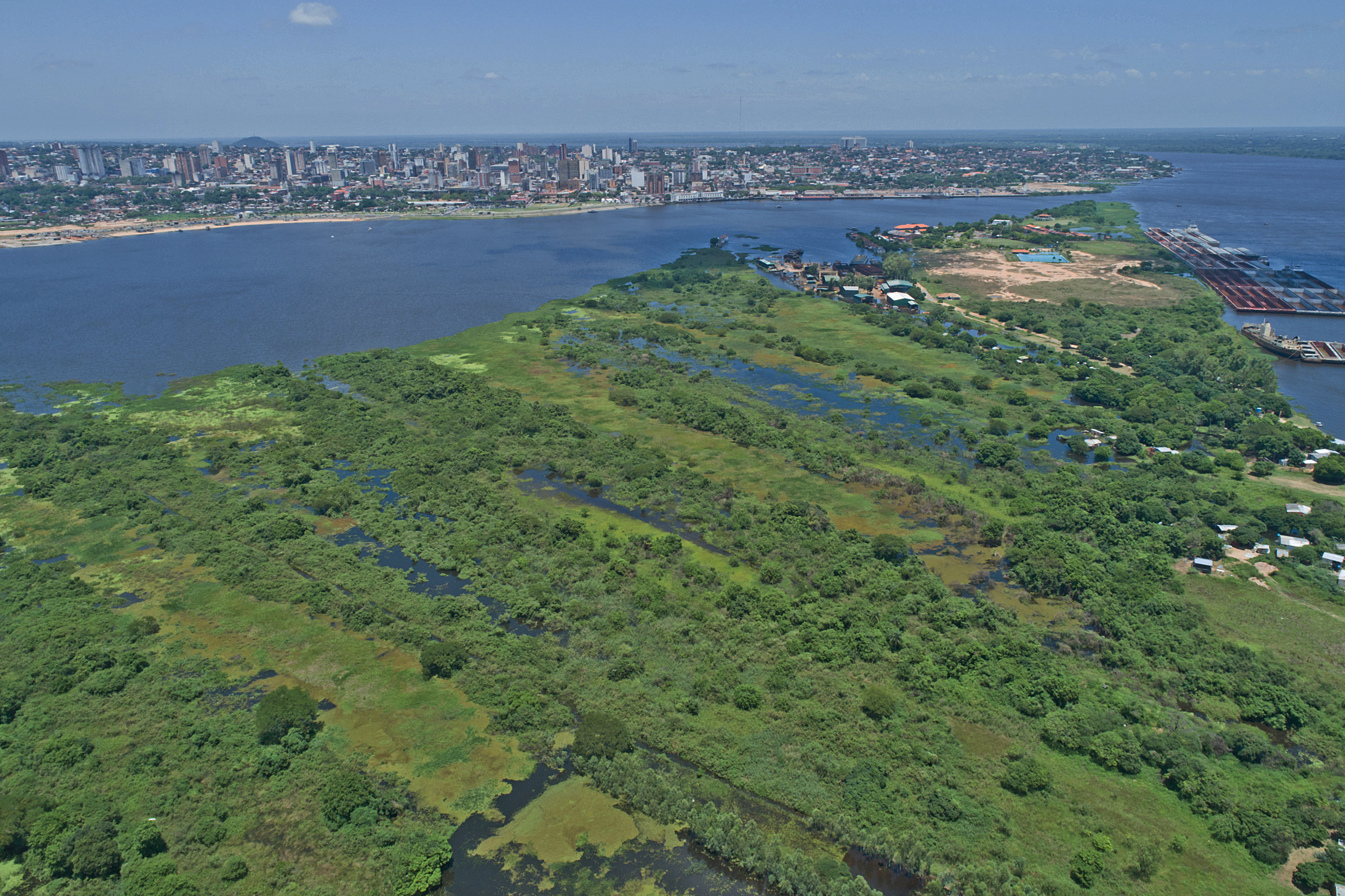GPSC Working Group Meeting: Green Urban Development – Biodiversity, Natural Capital Accounting and Nature-Based Solutions for Cities
When
Time
09:00 AM
Where
World Bank Headquarters, Washington, DC


| Summary | Download |
| Event Agenda | Download |
|
Participants Briefing Book |
Download |
|
Participants List |
Download |
| Technical Paper (Conference Edition) | Download |
Day 1
|
8:30 – 9:00 |
Registration and Continental Breakfast Outside Meeting Room |
|
Session 1: Opening of the Working Group Meeting |
|
|
9:00 – 9:40 |
Objectives of the Meeting (Xueman Wang, GPSC Program Coordinator, World Bank) Remarks by the GEF Secretariat Rapid Introduction of Participating Cities and Organizations (Batch 1, 20 min) Representatives of cities and organizations are invited to share a short presentation on their main undertakings in the areas of city biodiversity, natural capital accounting and nature-based solutions in the context of green urban development. The introduction will be conducted in batches throughout three sessions during day 1 (for the order of the presentations, see the annex). Opening Remarks (Sameh Wahba, Director, World Bank) |
|
Session 2: Framing and Overview Moderated by Rob McDonald, Lead Scientist, TNC |
|
|
9:40 – 10:30 |
Presentation of the Working Paper: Green Urban Development - A Framework for Integrating Biodiversity and Ecosystem Services, Natural Capital Accounting and Natural Infrastructure (Xueman Wang, GPSC, World Bank, and Ashley Gorst, Vivid Economics, 20 min) Discussion
|
|
10:30 – 10:45 |
Coffee Break |
|
Session 3: City Biodiversity Moderated by Professor Richard Weller, Chair of the Department of Landscape Architecture and Co-executive Director of the Ian L. McHarg Center for Urbanism and Ecology, University of Pennsylvania |
|
|
10:45 – 12:30 |
Rapid Introduction of Participating Cities and Organizations (Batch 2, 20 min) Overview: Approaches to Quantifying Biodiversity and Ecosystem Services in the Urban Context (Rob McDonald, Lead Scientist, TNC, 15 min) City Practice (30 min)
Q&A |
|
12:30 – 13:30 |
Lunch |
|
13:30 – 14:45 |
Rapid Introduction of Participating Cities and Organizations (Batch 3, 20 min) City Biodiversity – Discussion (Cont’d)
|
|
14:45 – 15:00 |
Coffee Break |
|
15:00 – 17:00 |
Cities in Action (1.5 hr) We will break into three groups, each focusing on one or two cities. City representatives will lead discussions, identifying challenges and strategies in establishing and implementing city biodiversity and incorporating into city’s planning process. Experts in each breakout group will facilitate the discussions and help cities with the strategy and next steps. Plenary Reports (30 min) Each breakout group will report back to the whole meeting on:
Participating Cities
|
|
17:00 |
Wrap Up of Day 1 |
|
17:30 |
Reception |
Day 2
|
8:30 – 9:00 |
Continental Breakfast Outside Meeting Room |
|
Session 4: City Natural Capital Accounting and Nature Based Solutions Moderated by Russell Galt, Director, IUCN Urban Alliance |
|
|
9:00 – 10:45 |
Natural Capital Accounting at the National Level: From WAVES to the GPS Program (World Bank, 15 min) Natural capital accounting at the national level: Wealth Accounting and Valuation of Ecosystem Services (WAVES) Raffaello Cervigni, Lead Environmental Specialist, World Bank City Natural Capital Accounting (45 min)
Q&A and Discussion
|
|
10:45 – 11:00 |
Coffee Break |
|
11:00 – 12:00 |
Integrating Green and Gray Infrastructure to Support Urban Water Security, Climate Resilience, and Biodiversity (Steve Carrion, World Bank, and Suzanne Ozment, WRI, 30 min) Q&A |
|
14:30 – 15:30 |
Discussion
|
|
15:30 – 17:00 |
Cities in Action We will form a number of small groups – each will support one city to prepare an action plan on how to enhance a city’s natural capital (including biodiversity) and incorporate these considerations into the city’s strategic green vision and urban planning processes for implementation.
Key considerations include:
Participating Cities
|
|
17:00 |
Wrap Up of Day 2 |
Day 3
|
8:30 – 9:00 |
Continental Breakfast outside Meeting Room |
|
Session 5: Presentation of City Action Plans and Feedback |
|
|
9:00 – 11:30 |
Presentation of City Action Plans Each presentation will be followed by expert feedback and discussion:
|
|
11:30 – 11:45 |
Coffee Break |
|
11:45 – 12:00 |
Next Steps and Conclusion of the Meeting (GPSC) |
|
12:00 – 1:00 |
Lunch |
